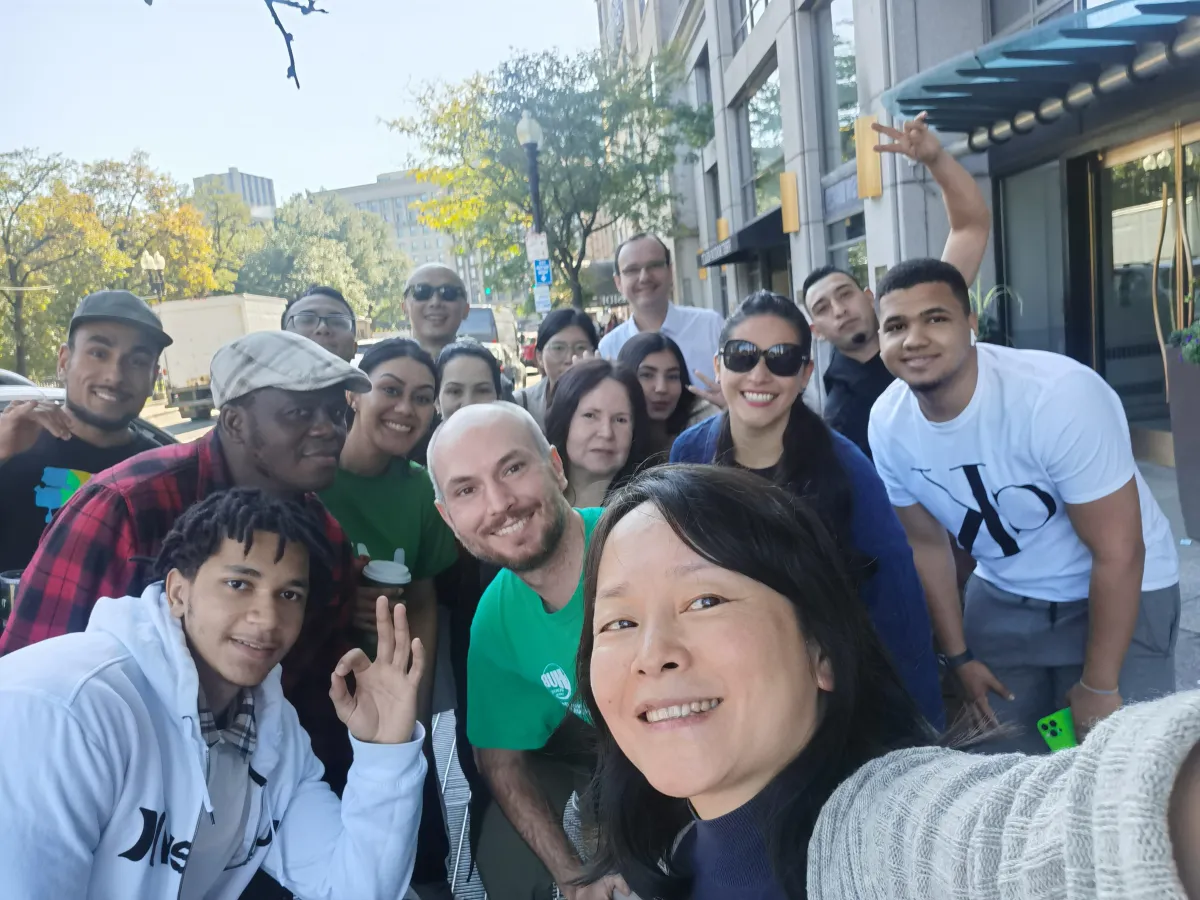BLog
Blog

Common Pronunciation Mistakes International Students Make
When it comes to speaking English, international students often struggle with pronunciation. Here are three common mistakes they make and how to fix them.
Vowel Sounds: English has a lot of vowel sounds that can be hard for non-native speakers. Sometimes, similar words sound different because of how you say the vowels. For example, "bit" and "beat" sound similar but have different meanings. To get better, listen carefully to how native speakers say words and practice making these sounds yourself.
Consonant Clusters: English words can have tricky groups of consonants together, like in "strengths" or "twelfth." Many students find these hard to say and might skip some sounds. To improve, practice saying tongue twisters and work on saying each sound in the cluster clearly.
Word Stress and Intonation: In English, we stress certain syllables in words more than others, and the way we say words can change their meaning. This can be tough for international students to get right. To get better, try copying how native speakers talk, listen to English shows or podcasts, and practice speaking with the right stress and tone.
In conclusion, learning English pronunciation might seem tough, but with practice, you can improve. If you need help, there are resources available to assist you and we can help you! Don't worry too much about tests like TOEFL; If you want to explore other ways to show your English skills without taking the TOEFL, check out ASC English's page here:Skip the TOEFL. We can help you find different options. Keep practicing, and you'll do great!

Common Pronunciation Mistakes International Students Make
When it comes to speaking English, international students often struggle with pronunciation. Here are three common mistakes they make and how to fix them.
Vowel Sounds: English has a lot of vowel sounds that can be hard for non-native speakers. Sometimes, similar words sound different because of how you say the vowels. For example, "bit" and "beat" sound similar but have different meanings. To get better, listen carefully to how native speakers say words and practice making these sounds yourself.
Consonant Clusters: English words can have tricky groups of consonants together, like in "strengths" or "twelfth." Many students find these hard to say and might skip some sounds. To improve, practice saying tongue twisters and work on saying each sound in the cluster clearly.
Word Stress and Intonation: In English, we stress certain syllables in words more than others, and the way we say words can change their meaning. This can be tough for international students to get right. To get better, try copying how native speakers talk, listen to English shows or podcasts, and practice speaking with the right stress and tone.
In conclusion, learning English pronunciation might seem tough, but with practice, you can improve. If you need help, there are resources available to assist you and we can help you! Don't worry too much about tests like TOEFL; If you want to explore other ways to show your English skills without taking the TOEFL, check out ASC English's page here:Skip the TOEFL. We can help you find different options. Keep practicing, and you'll do great!










Facebook
Instagram
Youtube
WhatsApp
LinkedIn